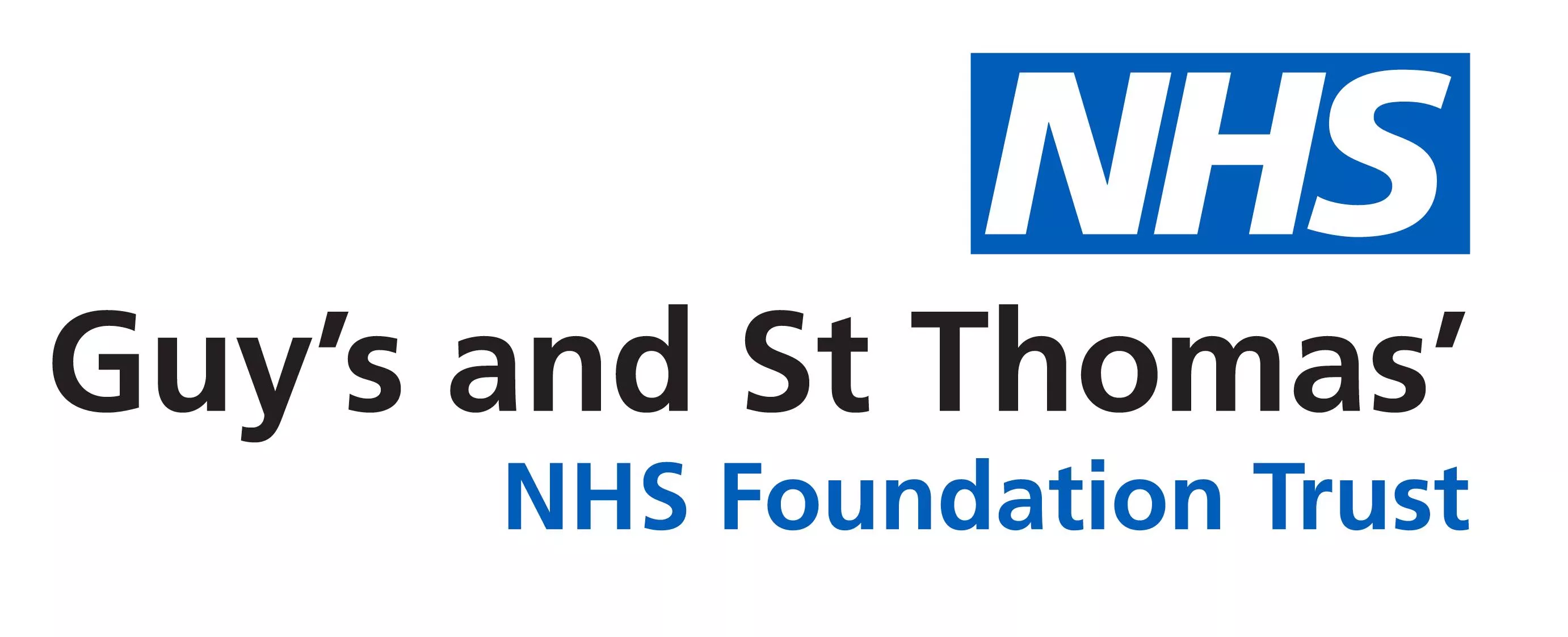Exploring Perceptions of the Proposed Cystic Fibrosis Screening Protocol Incorporating Next Generation Sequencing
Newborn bloodspot screening for cystic fibrosis (CF) became part of the national screening programme in 2007. Screening for CF is also well established internationally. The current algorithm works well, but has some disadvantages:
- carrier reporting - which is not the intention of CF screening in the UK (~200 pa);
- need for repeat samples which can be costly and contribute to parental worry (~300 pa.);
- mutation panels do not fully reflect the ethnic diversity of the birth population;
- identification of children designated as CF screen positive, inconclusive diagnosis (CFSPID) which can cause long-term uncertainty (~20-30 pa).
A trial of Next Generation Sequencing (NGS) in one centre found that it was technically feasible at a reasonable cost and with an acceptable turnaround time. In addition, the trial determined that using NGS could mitigate against some of the disadvantages described above, albeit with some reduction in test sensitivity.
A previous project has explored public attitudes towards this shift towards the use of NGS within CF Screening. This proposed work will complement this existing work by employing an integrated, mixed-methods approach through four work packages to explore the views of people affected by CF, in various ways, towards the potential changes to CF screening protocol.
Aims
a. What are the anticipated impacts on families and the NHS of avoiding or increasing the reporting of CFSPID cases?
b. How are trade-offs made and valued between ensuring that we do not miss any cases and potentially causing uncertainty (i.e. sensitivity vs specificity) and how is this viewed by different people and groups?
c. How is the proposal to use expanded genomic testing in the newborn screening programme for CF viewed by different people and groups?
d. What do people feel about not detecting and reporting carriers?
Methods
CF NGS employs an integrated, mixed-methods approach including:
- interviews
- focus groups
- questionnaires
- workshops (using Q-methodology)
Our Partners
Principal Investigator
Investigators
Affiliations
Funding
Funding Body: NHS England and NHS Improvement (NHSE/I)
Amount: £99,696
Period: November 2021 - November 2022










